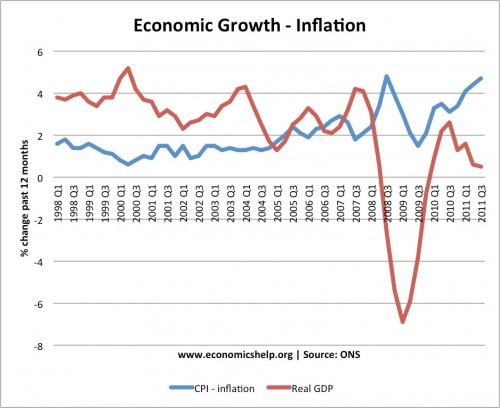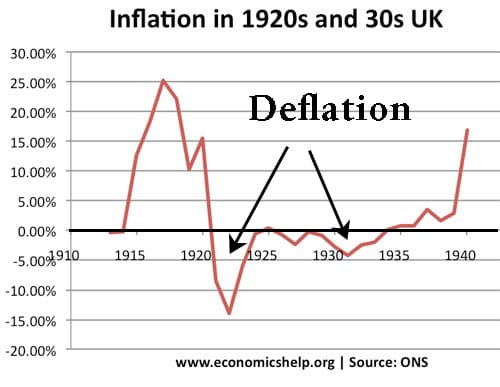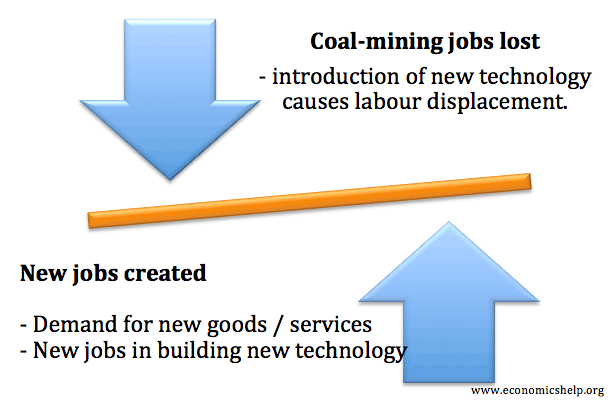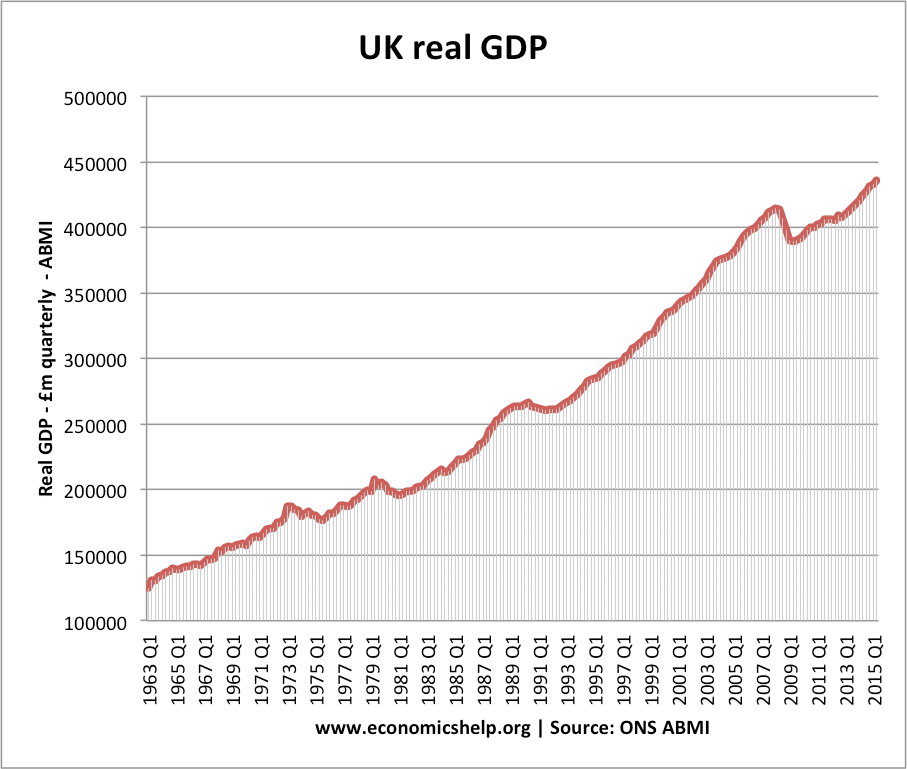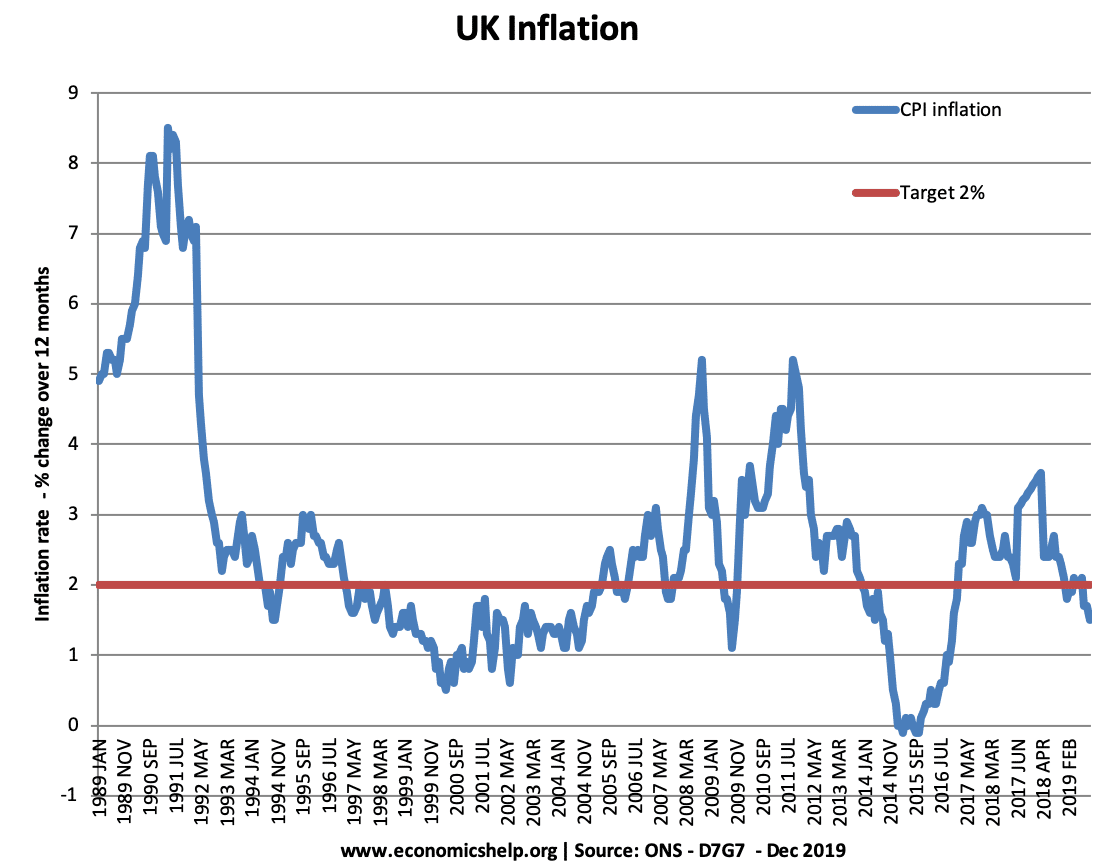Inflation and Recession
In a recession, you would usually expect a fall in the inflation rate due to lower demand and lower economic activity. The inflation rate fell in major recessions like 1929-32, 1981, 1991 and 2020.. However, it is not guaranteed inflation will fall in recession. For example, we could have a period of stagflation – rising …

